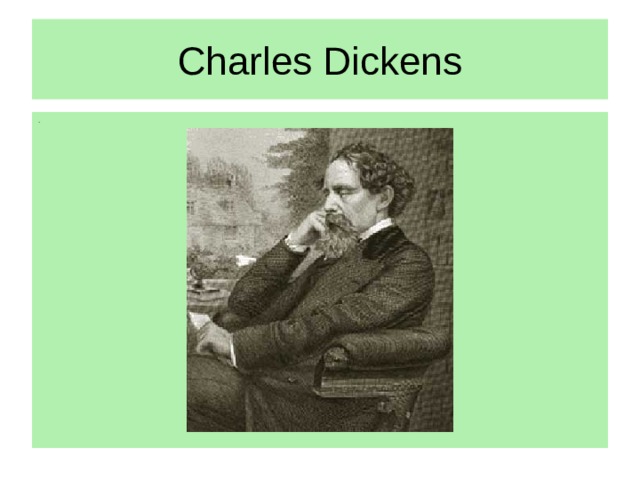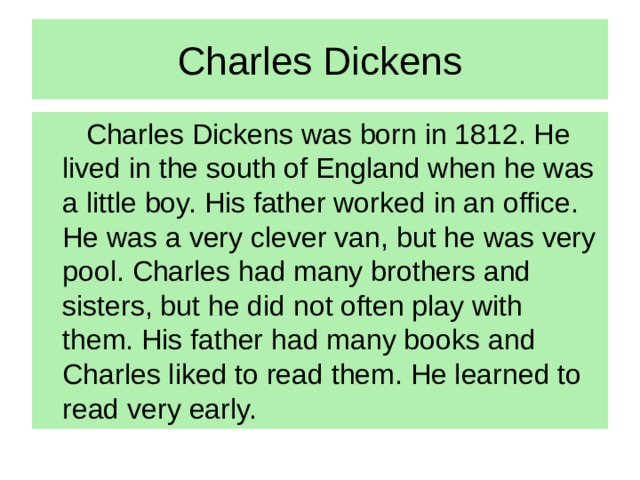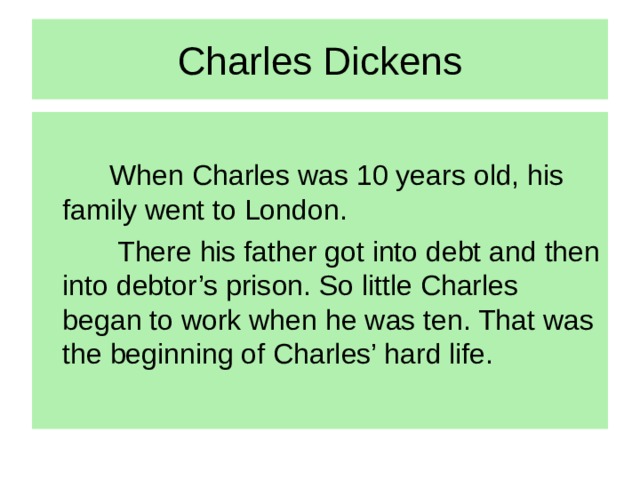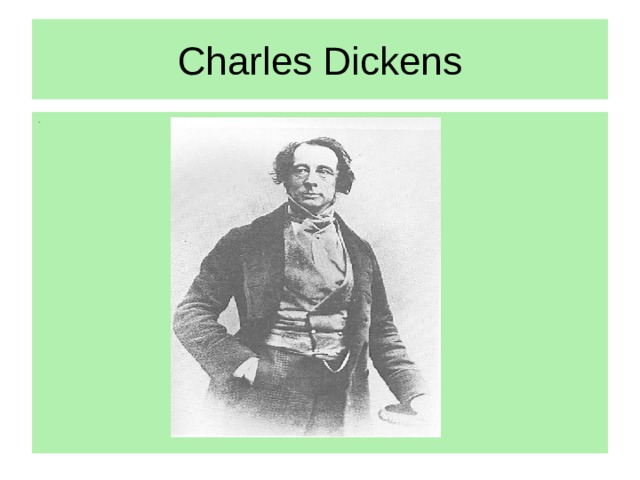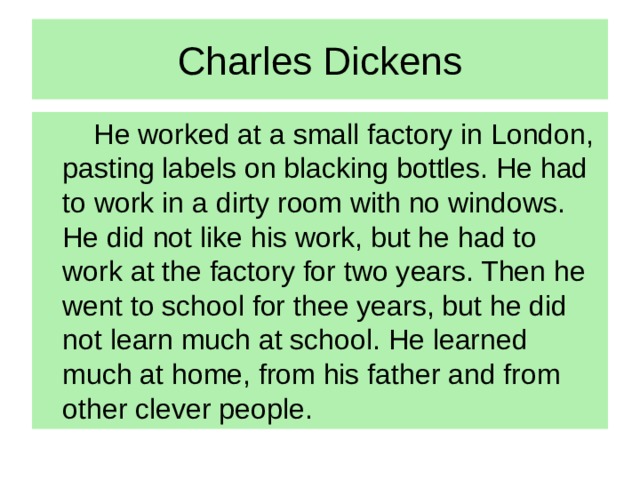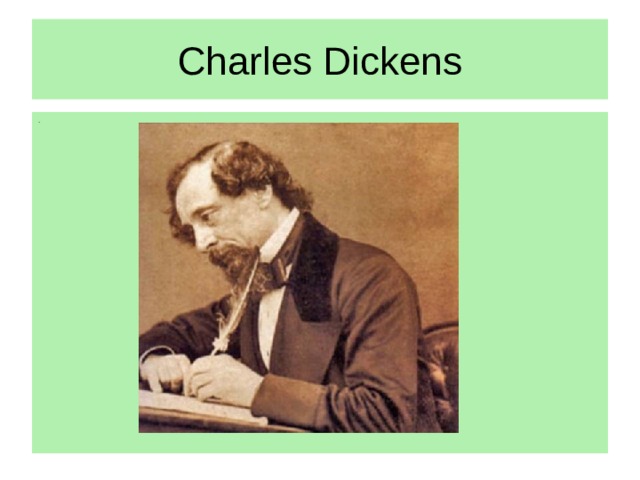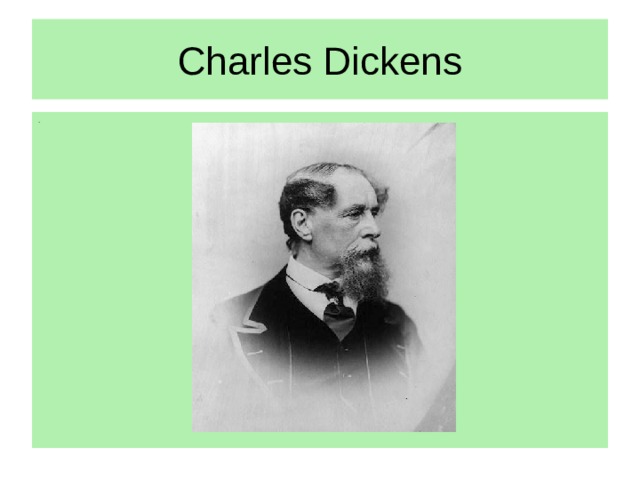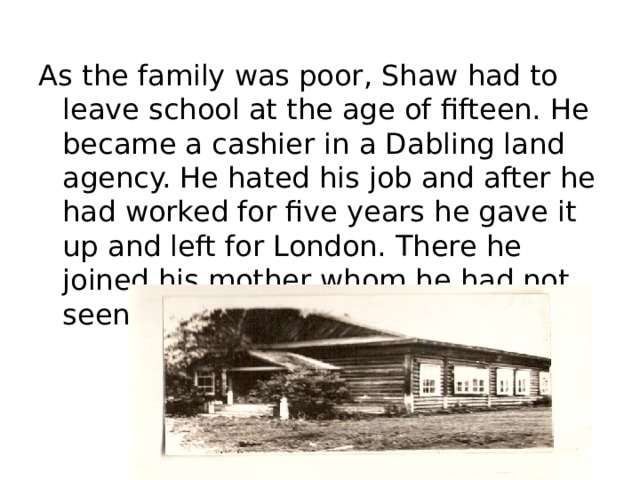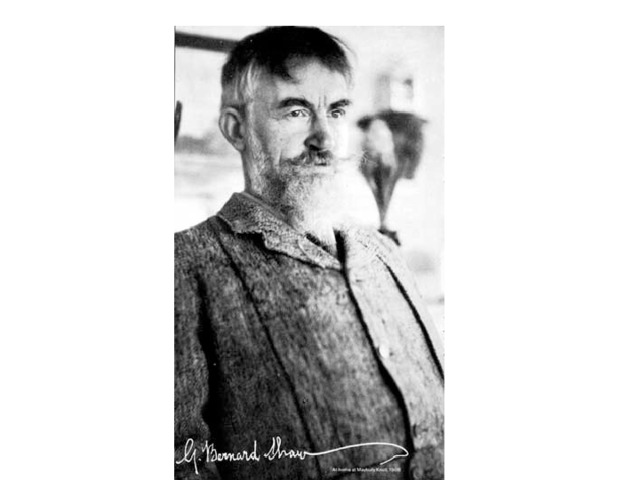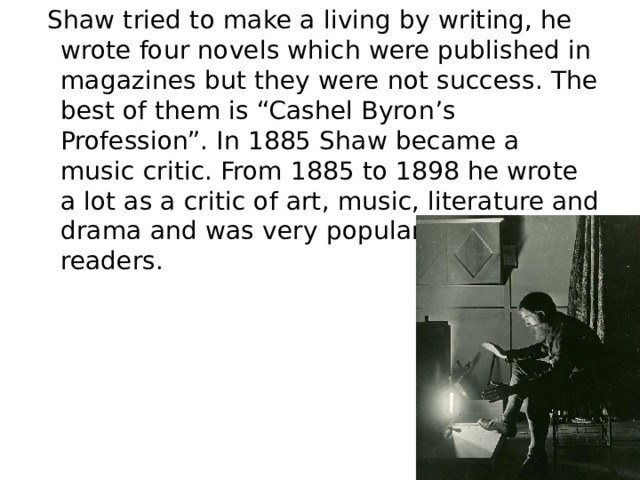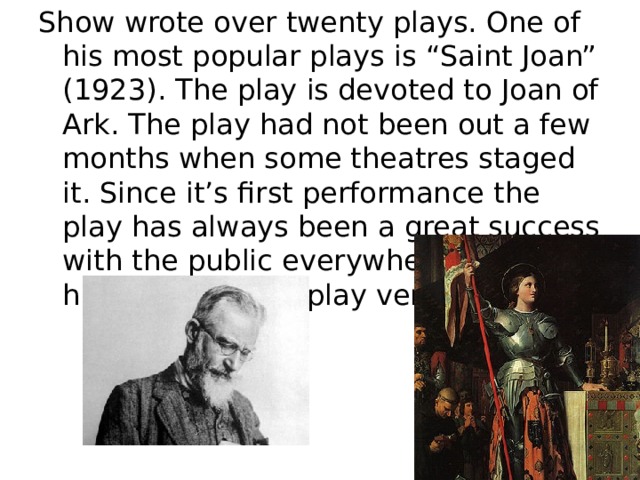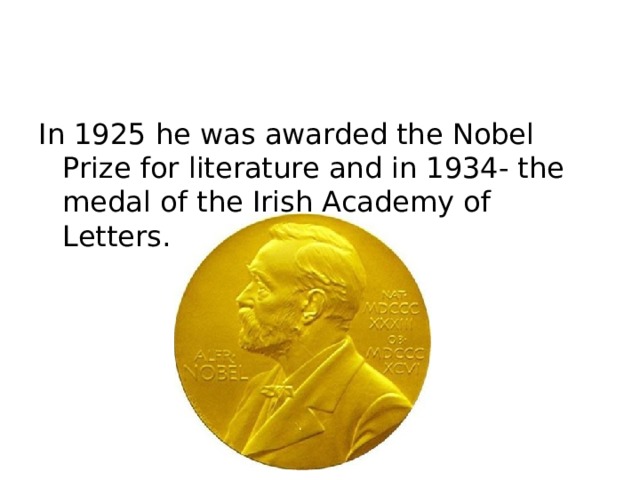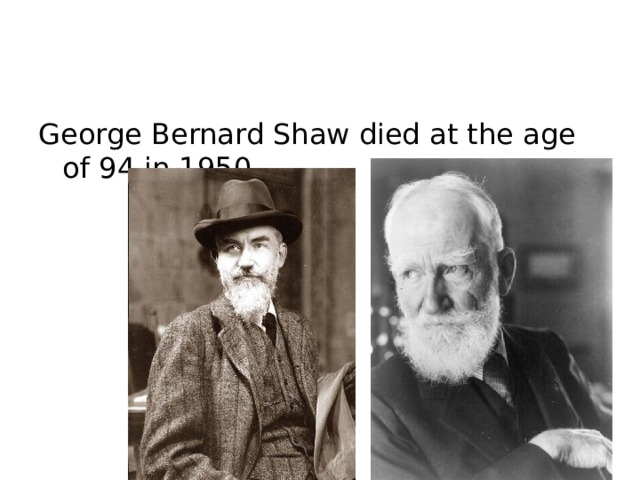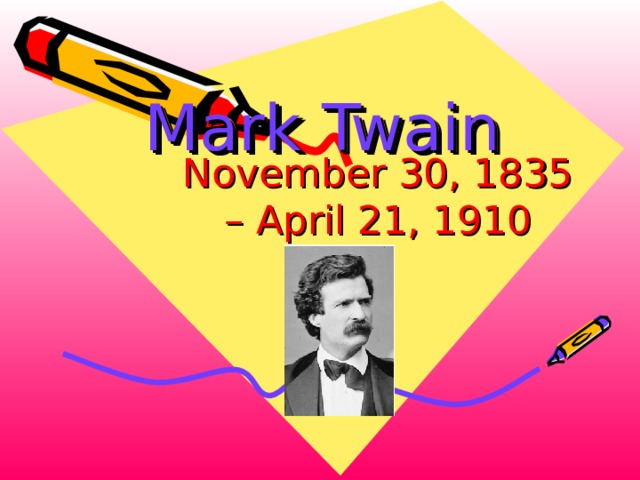
Mark Twain
November 30, 1835 – April 21, 1910
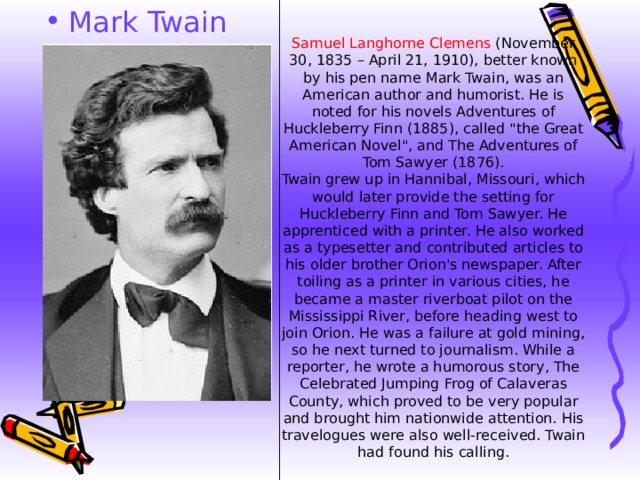
Samuel Langhorne Clemens (November 30, 1835 – April 21, 1910), better known by his pen name Mark Twain, was an American author and humorist. He is noted for his novels Adventures of Huckleberry Finn (1885), called "the Great American Novel", and The Adventures of Tom Sawyer (1876). Twain grew up in Hannibal, Missouri, which would later provide the setting for Huckleberry Finn and Tom Sawyer. He apprenticed with a printer. He also worked as a typesetter and contributed articles to his older brother Orion's newspaper. After toiling as a printer in various cities, he became a master riverboat pilot on the Mississippi River, before heading west to join Orion. He was a failure at gold mining, so he next turned to journalism. While a reporter, he wrote a humorous story, The Celebrated Jumping Frog of Calaveras County, which proved to be very popular and brought him nationwide attention. His travelogues were also well-received. Twain had found his calling.
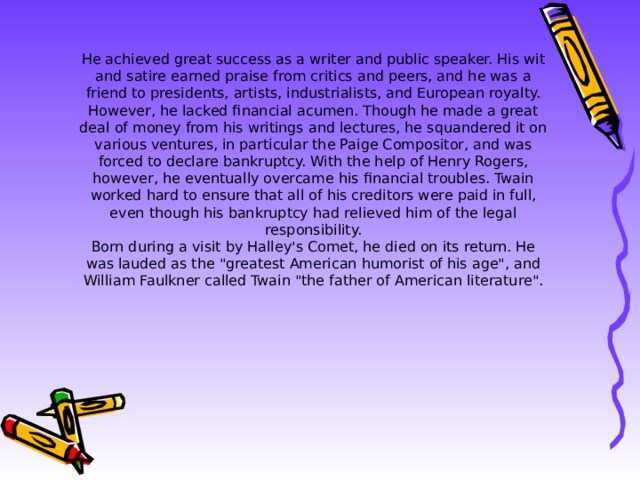
He achieved great success as a writer and public speaker. His wit and satire earned praise from critics and peers, and he was a friend to presidents, artists, industrialists, and European royalty. However, he lacked financial acumen. Though he made a great deal of money from his writings and lectures, he squandered it on various ventures, in particular the Paige Compositor, and was forced to declare bankruptcy. With the help of Henry Rogers, however, he eventually overcame his financial troubles. Twain worked hard to ensure that all of his creditors were paid in full, even though his bankruptcy had relieved him of the legal responsibility. Born during a visit by Halley's Comet, he died on its return. He was lauded as the "greatest American humorist of his age", and William Faulkner called Twain "the father of American literature".
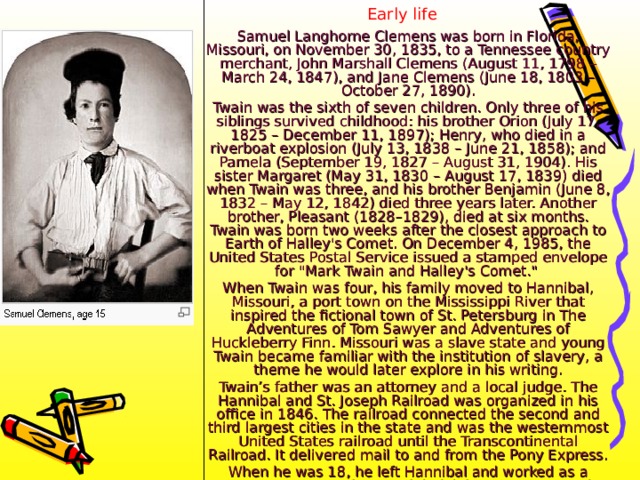
Early life
Samuel Langhorne Clemens was born in Florida, Missouri, on November 30, 1835, to a Tennessee country merchant, John Marshall Clemens (August 11, 1798 – March 24, 1847), and Jane Clemens (June 18, 1803 – October 27, 1890).
Twain was the sixth of seven children. Only three of his siblings survived childhood: his brother Orion (July 17, 1825 – December 11, 1897); Henry, who died in a riverboat explosion (July 13, 1838 – June 21, 1858); and Pamela (September 19, 1827 – August 31, 1904). His sister Margaret (May 31, 1830 – August 17, 1839) died when Twain was three, and his brother Benjamin (June 8, 1832 – May 12, 1842) died three years later. Another brother, Pleasant (1828–1829), died at six months. Twain was born two weeks after the closest approach to Earth of Halley's Comet. On December 4, 1985, the United States Postal Service issued a stamped envelope for "Mark Twain and Halley's Comet."
When Twain was four, his family moved to Hannibal, Missouri, a port town on the Mississippi River that inspired the fictional town of St. Petersburg in The Adventures of Tom Sawyer and Adventures of Huckleberry Finn. Missouri was a slave state and young Twain became familiar with the institution of slavery, a theme he would later explore in his writing.
Twain’s father was an attorney and a local judge. The Hannibal and St. Joseph Railroad was organized in his office in 1846. The railroad connected the second and third largest cities in the state and was the westernmost United States railroad until the Transcontinental Railroad. It delivered mail to and from the Pony Express.
When he was 18, he left Hannibal and worked as a printer in New York City, Philadelphia, St. Louis, and Cincinnati.
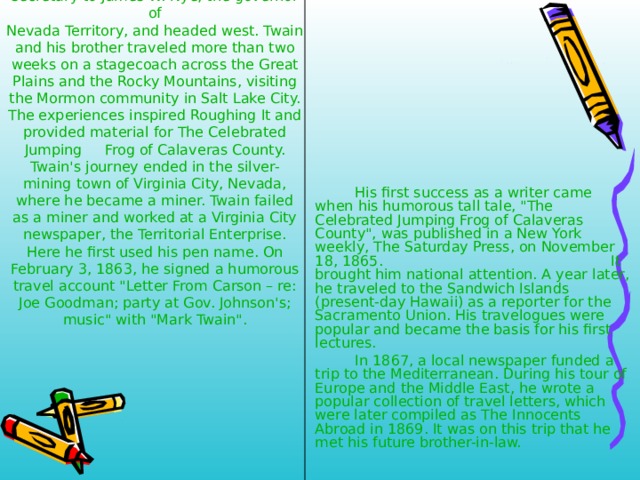
His first success as a writer came when his humorous tall tale, "The Celebrated Jumping Frog of Calaveras County", was published in a New York weekly, The Saturday Press, on November 18, 1865. It brought him national attention. A year later, he traveled to the Sandwich Islands (present-day Hawaii) as a reporter for the Sacramento Union. His travelogues were popular and became the basis for his first lectures.
In 1867, a local newspaper funded a trip to the Mediterranean. During his tour of Europe and the Middle East, he wrote a popular collection of travel letters, which were later compiled as The Innocents Abroad in 1869. It was on this trip that he met his future brother-in-law.
Twain joined Orion, who in 1861 became secretary to James W. Nye, the governor of Nevada Territory, and headed west. Twain and his brother traveled more than two weeks on a stagecoach across the Great Plains and the Rocky Mountains, visiting the Mormon community in Salt Lake City. The experiences inspired Roughing It and provided material for The Celebrated Jumping Frog of Calaveras County. Twain's journey ended in the silver-mining town of Virginia City, Nevada, where he became a miner. Twain failed as a miner and worked at a Virginia City newspaper, the Territorial Enterprise. Here he first used his pen name. On February 3, 1863, he signed a humorous travel account "Letter From Carson – re: Joe Goodman; party at Gov. Johnson's; music" with "Mark Twain".
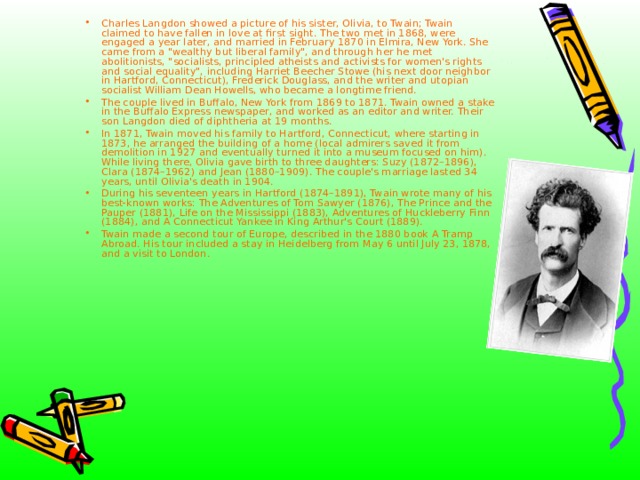
- Charles Langdon showed a picture of his sister, Olivia, to Twain; Twain claimed to have fallen in love at first sight. The two met in 1868, were engaged a year later, and married in February 1870 in Elmira, New York. She came from a "wealthy but liberal family", and through her he met abolitionists, "socialists, principled atheists and activists for women's rights and social equality", including Harriet Beecher Stowe (his next door neighbor in Hartford, Connecticut), Frederick Douglass, and the writer and utopian socialist William Dean Howells, who became a longtime friend.
- The couple lived in Buffalo, New York from 1869 to 1871. Twain owned a stake in the Buffalo Express newspaper, and worked as an editor and writer. Their son Langdon died of diphtheria at 19 months.
- In 1871, Twain moved his family to Hartford, Connecticut, where starting in 1873, he arranged the building of a home (local admirers saved it from demolition in 1927 and eventually turned it into a museum focused on him). While living there, Olivia gave birth to three daughters: Suzy (1872–1896), Clara (1874–1962) and Jean (1880–1909). The couple's marriage lasted 34 years, until Olivia's death in 1904.
- During his seventeen years in Hartford (1874–1891), Twain wrote many of his best-known works: The Adventures of Tom Sawyer (1876), The Prince and the Pauper (1881), Life on the Mississippi (1883), Adventures of Huckleberry Finn (1884), and A Connecticut Yankee in King Arthur's Court (1889).
- Twain made a second tour of Europe, described in the 1880 book A Tramp Abroad. His tour included a stay in Heidelberg from May 6 until July 23, 1878, and a visit to London.
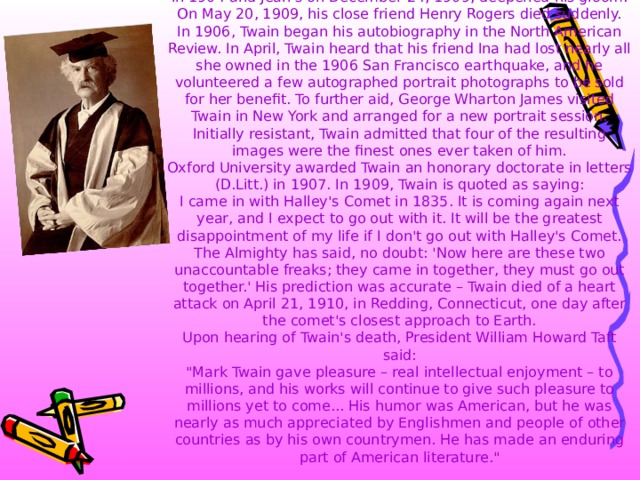
Twain passed through a period of deep depression, which began in 1896 when his daughter Suzy died of meningitis. Olivia's death in 1904 and Jean's on December 24, 1909, deepened his gloom. On May 20, 1909, his close friend Henry Rogers died suddenly. In 1906, Twain began his autobiography in the North American Review. In April, Twain heard that his friend Ina had lost nearly all she owned in the 1906 San Francisco earthquake, and he volunteered a few autographed portrait photographs to be sold for her benefit. To further aid, George Wharton James visited Twain in New York and arranged for a new portrait session. Initially resistant, Twain admitted that four of the resulting images were the finest ones ever taken of him. Oxford University awarded Twain an honorary doctorate in letters (D.Litt.) in 1907. In 1909, Twain is quoted as saying: I came in with Halley's Comet in 1835. It is coming again next year, and I expect to go out with it. It will be the greatest disappointment of my life if I don't go out with Halley's Comet. The Almighty has said, no doubt: 'Now here are these two unaccountable freaks; they came in together, they must go out together.' His prediction was accurate – Twain died of a heart attack on April 21, 1910, in Redding, Connecticut, one day after the comet's closest approach to Earth. Upon hearing of Twain's death, President William Howard Taft said: "Mark Twain gave pleasure – real intellectual enjoyment – to millions, and his works will continue to give such pleasure to millions yet to come... His humor was American, but he was nearly as much appreciated by Englishmen and people of other countries as by his own countrymen. He has made an enduring part of American literature."

Thanks for your attention
